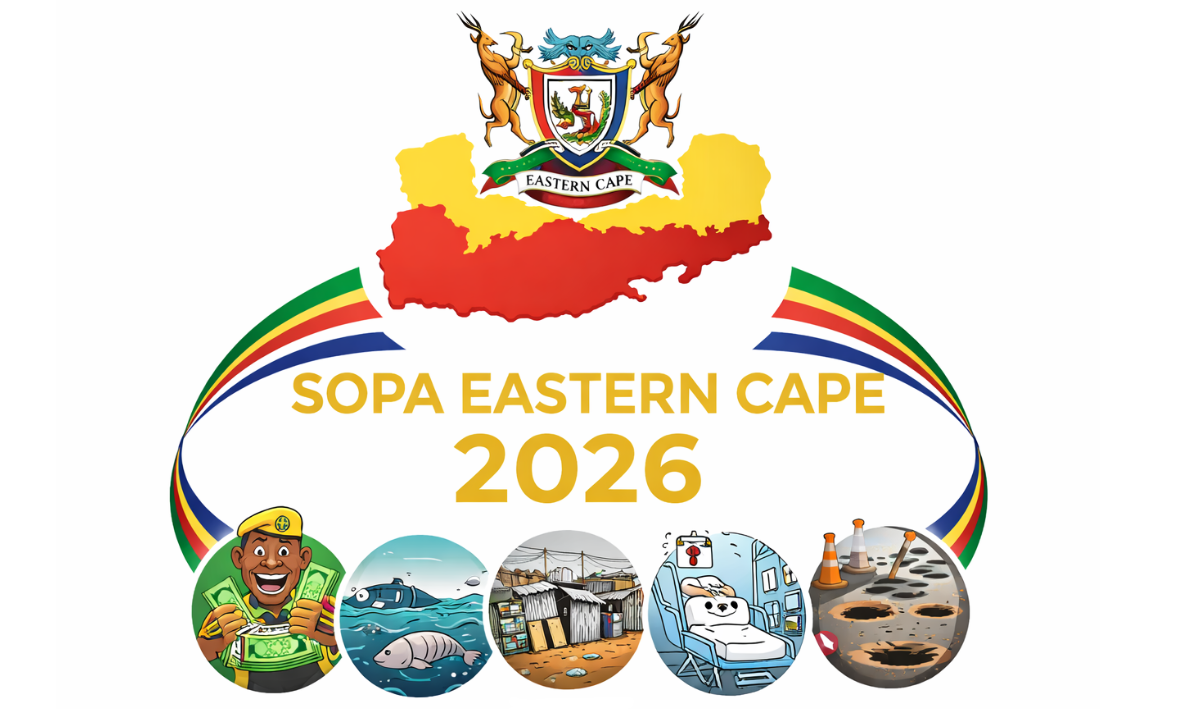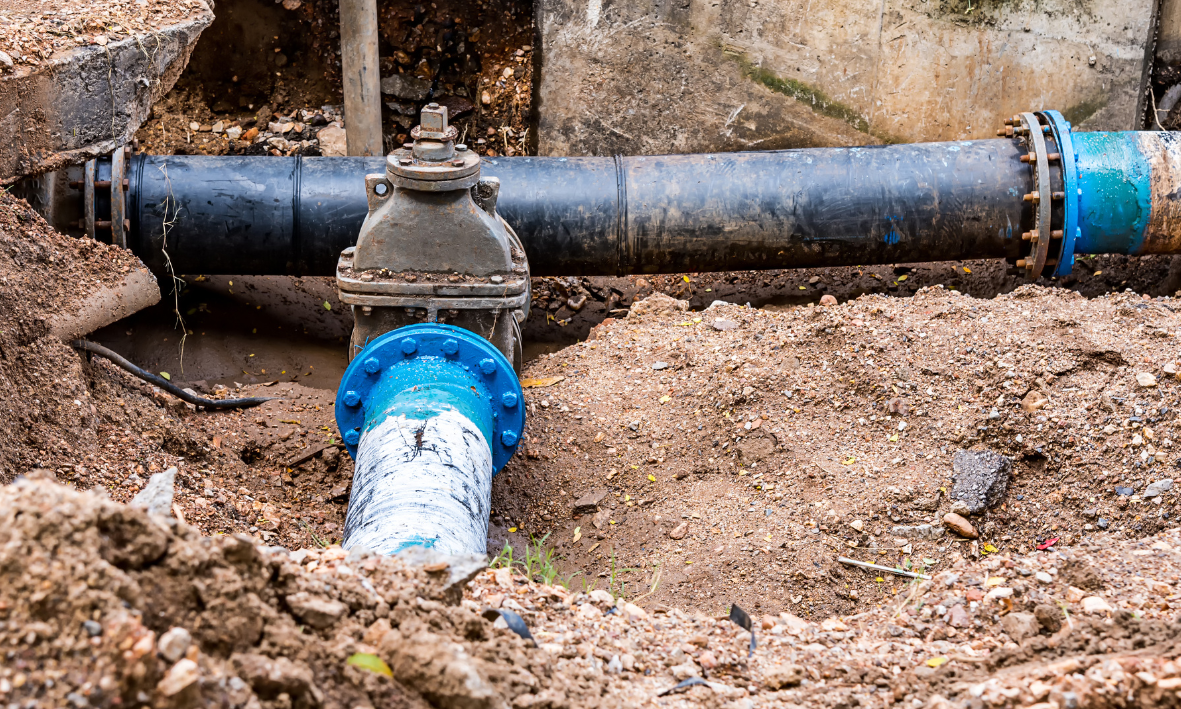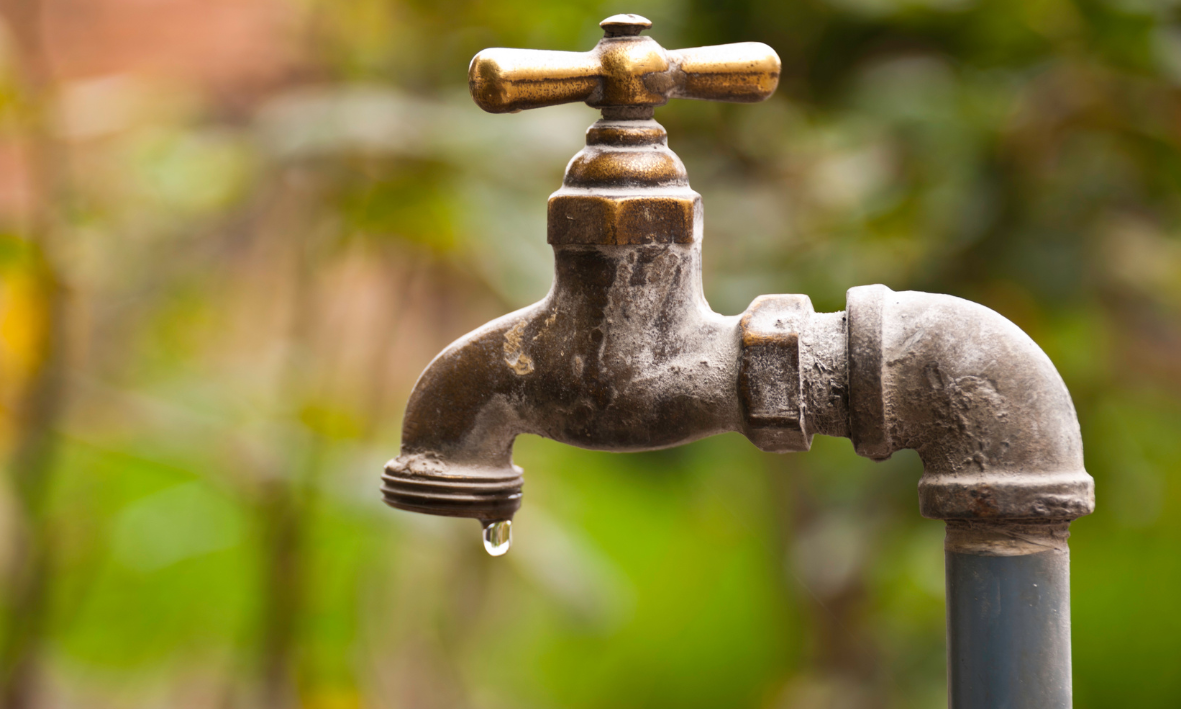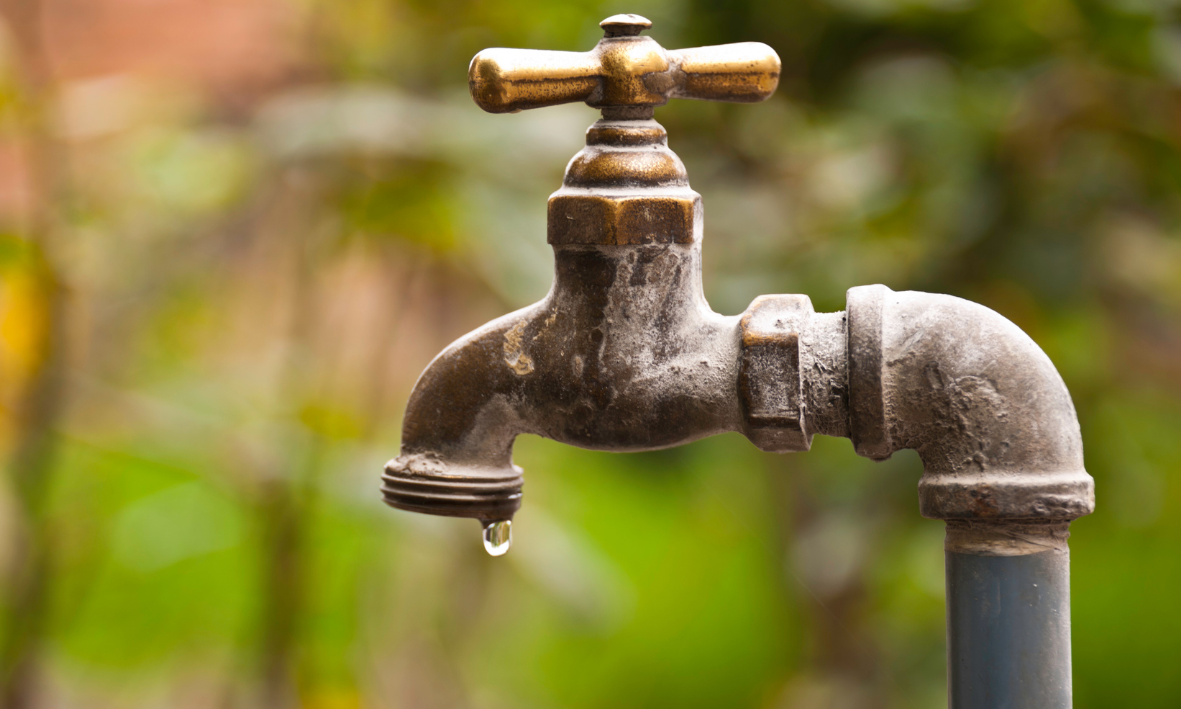
Eastern Cape SOPA2026: Mabuyane’s leadership on trial after year 7
Statement by Bulelani Bobotyane, Provincial Secretary of the UDM in the Eastern Cape The United Democratic Movement (UDM) in the Eastern Cape notes that on 27 February 2026, Premier Oscar Mabuyane will address the province in his seventh year at the helm. Across towns and villages, one hears a recurring sentiment: there was a period in this region’s history when executive authority translated into visible administrative discipline, when decisions were implemented with consistency and consequence management was not optional. That period existed within a different constitutional dispensation and must be understood in its proper historical context. It was not beyond criticism. In this province, what endures in public memory is not nostalgia for past structures, but the perception that governance was firm, coherent and enforceable. After nearly seven years in office, the current African National Congress (ANC) administration cannot dismiss that comparison. It must answer it. Seven years into the Mabuyane administration, the issue is no longer vision. The province has had vision documents, master plans, stimulus funds, growth frontiers and 2030 targets. The issue is executive control and institutional discipline. When the same sectors are re-announced year after year, when projected multipliers are pushed further into the future, and when governance reform deadlines quietly fade from the public record, the pattern reveals not a shortage of ideas, but a shortage of consolidation. After 32 years of uninterrupted ANC governance in this province, fragmentation cannot be blamed on transition or inheritance. It reflects a governing culture that accumulates initiatives faster than it stabilises systems. The Eastern Cape does not lack policy. It lacks conversion. It does not lack plans. It lacks enforcement. Seven years is sufficient time to entrench systems, discipline departments and impose consequence management. When plans multiply but structural indicators remain stubborn, it signals not complexity, but weak executive control. The ANC governs this province, with Premier Mabuyane at its helm. They cannot continue to govern through perpetual projection and recycled ambition. If the plans are sound on paper yet outcomes remain inconsistent, the question is no longer about design. It is about leadership. As the province approaches the 2026 Local Government Elections, SOPA 2026 must do more than defend a record. It must demonstrate that governance is stabilising where citizens experience the state most directly: in municipalities. Voters will not judge performance by presentation in the Chamber, but by functioning taps, maintained roads, disciplined finances and reliable services. In this election cycle, credibility will be earned on the ground. Accountability and delivery The UDM in the Eastern Cape will demand that SOPA2026 move beyond ambition and provide clear evidence of delivery. The people of the Eastern Cape have heard commitments on roads, water infrastructure, housing, health facilities and economic expansion before. This year’s address must account for what has been completed, what remains delayed and what has stalled. The public deserves measurable progress, not repetition. Municipal governance Municipal instability must be confronted honestly. If municipalities required intervention in the past year, the province must report whether those interventions worked. Financial stability, revenue collection, professional administration and consequence management determine whether communities receive services and whether local government can be trusted. Water security Access targets extending toward 2030 cannot substitute for consistent supply today. Communities experience governance through functioning taps, maintained infrastructure and effective wastewater systems. If these remain unreliable, explanations are no longer sufficient. Infrastructure maintenance Development cannot be credible if roads, stormwater systems and municipal assets deteriorate while new projects are announced. Maintenance is not secondary to growth. It is foundational to it. Economic reform and employment Sustainable job creation depends on stable municipalities, reliable infrastructure, clean procurement systems and a predictable regulatory environment. Temporary public employment programmes may offer short-term relief, but they do not replace structural reform. The province must demonstrate that institutional foundations for long-term economic expansion are being strengthened year by year. The National Development Plan’s 2030 horizon does not excuse weak implementation in the present. Governance and accountability Ethics frameworks and oversight mechanisms must translate into visible consequences. Clean governance, professional administration and disciplined public finance management are essential if public trust is to be restored. In 2020, this administration undertook to implement lifestyle audit guidelines by 2022. That deadline has passed. The province has yet to see consistent, transparent reporting on the outcomes of those audits or the consequences that followed. Anti-corruption cannot be rhetorical. It must be enforceable. With the 2026 Local Government Elections fast approaching, this address will be measured not by tone, but by evidence. The people of this province are demanding functional municipalities, reliable services and accountable leadership. In 2026, the UDM in the Eastern Cape will present a credible alternative grounded in administrative discipline, clean governance and service delivery that is felt in every municipality we contest.

Johannesburg water crisis exposes a city run without foresight
Statement by Yongama Zigebe, Councillor in the City of Johannesburg for the United Democratic Movement and Chairperson of the S79 Committee on Gender, Youth and People with Disabilities The United Democratic Movement (UDM) in the City Johannesburg notes with grave concern the protest by residents in Parktown West following more than twenty days without water. When a historically well-resourced suburb such as Parktown is forced into open protest over basic services, it signals not an isolated disruption but a systemic failure across the City of Johannesburg. If residents in Parktown are now pushed to the brink, one must pause and ask how communities in Alexandra, Soweto, Orange Farm, Eldorado Park, Riverlea and other working-class areas are coping. Many of these communities have endured intermittent supply, pressure reductions and prolonged outages for years. They do not have the financial cushion to hire private tankers, install storage systems, or absorb inflated municipal bills. For poorer residents, a water outage is not an inconvenience. It is a daily assault on dignity, health and survival. The crisis unfolding in Parktown is therefore not about geography. It is about governance. Johannesburg’s water challenges are rooted in years of inadequate planning, delayed infrastructure maintenance and reactive management instead of strategic investment. Our reservoirs and reticulation networks are aging; this is not breaking news. Demand has grown with urban expansion. Preventative maintenance has been deferred. Communication with residents remains inconsistent and often opaque. Instead of long-term infrastructure renewal and capacity planning, the city has relied on pressure management and emergency measures that treat symptoms while the underlying system continues to weaken. Water is not a luxury service. It is a constitutional right and the foundation of public health, economic activity and human dignity. When supply collapses for weeks in one part of the city, the ripple effects are felt across households, schools, clinics and businesses. When communication fails, trust collapses alongside it. The UDM in the City Johannesburg calls on the City council and management to present a transparent, citywide water recovery plan with clear timelines, infrastructure investment commitments and measurable targets. Residents deserve honest explanations, not shifting blame between entities. The City must strengthen coordination with bulk suppliers, accelerate infrastructure upgrades, address leak management aggressively and ensure equitable distribution across all regions. The current situation reflects a failure of foresight. A city of Johannesburg’s size and economic significance cannot operate on crisis mode governance. Proper planning, disciplined maintenance schedules and capital investment are not optional. They are the minimum requirements of responsible administration. Parktown’s protest should serve as a wakeup call. If communities across the socioeconomic spectrum are now united by water insecurity, then the problem is not localised. It is structural. Johannesburg must choose between continued decline through neglect or renewal through decisive leadership. The UDM in the City Johannesburg stands firmly for the latter.

32 years of neglect: South Africa’s water crisis is manufactured
Statement by Zandile Phiri, Acting Secretary General of the United Democratic Movement South Africa is staring down a water emergency that has been decades in the making. The warnings now coming from within government itself confirm what communities have lived with for years: collapsing infrastructure, chronic leaks, failing storage systems, and a state that no longer plans for the future. The Director General of the Department of Water and Sanitation, Sean Phillips, has made it clear that the country’s water problems are deep, structural, and cannot be fixed quickly. This is not a sudden crisis. It is the predictable outcome of 32 years of neglect, mismanagement, and failure to invest in basic infrastructure. Gauteng residents are now being told to cut water consumption by as much as 40 percent, not because South Africa has run out of water, but because municipalities lack storage, lose vast volumes through leaking pipes, and fail to collect revenue. This is an indictment of governance. Households are being asked to sacrifice while billions of litres are lost every year through decaying infrastructure that was never maintained. The situation in Johannesburg is especially alarming. Despite having a technically sound water and sanitation turnaround plan, the City is unable to implement it because of severe financial distress. Contractors are not paid. Projects are abandoned. Funds generated by water services are diverted to cover other municipal pressures, despite National Treasury requirements to ring fence this revenue. This is not a lack of ideas. It is a collapse of discipline, accountability, and political will. The reality is that municipalities across the country are trapped in a vicious downward spiral. High levels of non-revenue water mean less income. Less income means poor maintenance. Poor maintenance leads to further infrastructure failure and even greater water losses. Communities pay the price through outages, rationing, and unsafe supply. Long term relief will only come when major supply projects are completed, but even here the story is one of delay and corruption. Strategic water projects that should have been completed years ago are now only expected late in the decade. South Africans are being asked to endure restrictions today because planning failed yesterday. What is emerging in Gauteng is already visible in other metros, including eThekwini, where leaks, limited storage, flooding damage, and excessive consumption mirror the same warning signs. Regions such as Nelson Mandela Bay and Knysna are facing drought conditions that place millions at risk. This is a national crisis, not an isolated municipal problem. Water has now replaced electricity as the main constraint on economic activity and daily life. Without reliable water, clinics cannot function, schools cannot operate, businesses cannot grow, and human dignity is stripped away. South Africa does not suffer from a lack of expertise. It suffers from a lack of consequence. The UDM has consistently warned that infrastructure cannot be wished into existence through speeches and plans that are never implemented. Maintenance, storage expansion, leak reduction, and disciplined financial management must happen together. Anything less is failure. The time for excuses has passed. South Africa needs urgent, coordinated action to protect water as a strategic national resource. The cost of continued failure will be paid not in reports, but in lost livelihoods, deepening inequality, and growing social instability.

UDM says Mayor Mchunu’s excuses insult the people of uMzinyathi: where is the water?
Statement by Remington Mazibuko, Councillor in the Inkosi Mtubatuba Local Municipality and UDM KwaZulu-Natal Provincial Chairperson The United Democratic Movement (UDM) in KwaZulu-Natal notes with deep concern the recent comments by uMzinyathi District Mayor Thembisile Mchunu, who has admitted that the municipality lacks the technical skills and resources to maintain its collapsing water infrastructure. These excuses come six years after the UDM first exposed corruption and maladministration in uMzinyathi, and two years after the South African Human Rights Commission (SAHRC) confirmed that the district violated the Msinga community’s right to water under Section 27(1)(b) of the Constitution. The UDM in KwaZulu-Natal lodged the original complaint with the SAHRC in 2019 on behalf of the Msinga community, under the leadership of the then UDM KwaZulu-Natal Provincial Secretary, Mr Boysey Gumede. That complaint laid the groundwork for the Commission’s 2023 Final Report, which found that uMzinyathi’s failures stem from poor management, lack of planning, and corruption, not water scarcity. The SAHRC’s 2024 follow-up visits reiterated those findings and urged urgent implementation of the recommendations. Just last week, CoGTA Minister Velenkosini Hlabisa acknowledged that uMzinyathi had incurred R1.4 billion in irregular expenditure, calling it “a lost opportunity.” He pledged that his department would conduct skills audits and strengthen capacity. The UDM welcomes this admission but reminds the Minister that words alone will not fill a water drum. The people of Msinga, Nquthu, Endumeni and Umvoti have heard these promises before. Meanwhile, Water and Sanitation Minister Pemmy Majodina continues to tout the progress of large-scale projects such as the Lower uMkhomazi Water Scheme while turning a blind eye to municipalities that have failed for years to deliver basic services. National leadership cannot boast about megaprojects while households in KwaZulu-Natal still rely on rivers and tankers for their daily water. The UDM in KwaZulu-Natal demands that: 1. Mayor Mchunu and the uMzinyathi District Council immediately table a public implementation plan for the SAHRC’s recommendations, with clear timelines and funding commitments. 2. The Department of Co-operative Governance and Traditional Affairs invoke Section 139 should the municipality fail to act within 60 days. 3. The Department of Water and Sanitation and National Treasury provide written updates to the SAHRC on corrective action taken since 2023. The UDM in KwaZulu-Natal will continue to monitor this matter closely to ensure that the SAHRC’s findings are implemented and that accountability follows where corruption and incompetence have stolen people’s right to water.

Service delivery in crisis: Merafong residents left to fend for themselves
Statement by Ndidi Gcalangobuthi, UDM Councillor in Merafong City Local Municipality The United Democratic Movement (UDM) in Merafong City notes with deep concern Merafong City Municipality’s poor governance and worsening finances that have resulted in residents enduring prolonged service disruptions. The recent case of a private individual drilling a borehole in his yard as a means of providing water after residents in Merafong have endured three weeks without, underscores a serious breakdown in the municipality’s duty to its residents. It is deeply concerning that residents are being forced to do what municipalities should. Currently, Rand Water is owed over R1.41 billion by the Merafong City Local Municipality which has resulted in an imposed 40% water restriction in the area, leaving taps dry for weeks. It can be agreed that the domino effect of chronic mismanagement has resulted in low revenue collection rates, operational losses, debt accumulation and escalating tariffs. A clear indication of municipal collapse. While these failures can be viewed as mere technicalities, residents in affected areas bear the burden of governance failures that undermine health, dignity and the right to water. Ensuring provision of basic services is municipalities’ legal obligation, yet residents are forced to bear the costs and risks of government negligence. The UDM in Merafong City further notes that this crisis is worsened by the growing culture of non-payment of rates and taxes. When people do not pay, the municipality loses vital revenue and service delivery grinds to a halt. At the same time, we cannot ignore that many families in Merafong are struggling with poverty and unemployment and simply cannot afford ever-increasing tariffs. This is why the whole system must be fair: those who are able to pay must do so, while government must create a safety net for those who genuinely cannot. Without this balance, Merafong will continue to sink deeper into collapse and ordinary residents will suffer most. We demand accountability from Merafong’s leadership and from provincial and national authorities tasked with oversight. The failure to act decisively will deepen the collapse of governance and further strip residents of their constitutional rights.

Water crisis in South Africa: a call for accountability and sustainable solutions
Statement by Zandile Phiri, Acting Secretary General of the United Democratic Movement The United Democratic Movement (UDM) notes with alarm Deputy President Paul Mashatile’s revelation that as of June 2025, municipalities collectively owe South Africa’s water boards R25.1 billion. This staggering debt is not a new phenomenon. It reflects long-standing financial mismanagement and poses a severe threat to the equitable provision of water services for millions of households. Water is a scarce and precious resource in South Africa. Yet instead of building capacity to deliver this essential service, many municipalities remain trapped in cycles of arrears, infrastructure decay, and disputes. These failures compromise both urban and rural communities and demonstrate a persistent breakdown in governance. The UDM cautions government against treating this crisis as merely a matter of debt collection. Punitive measures, such as slicing municipal budgets, may provide temporary relief for water boards but will ultimately deepen dysfunction in local government and compromise the delivery of water and sanitation services. Adding to the urgency, water boards themselves have faced severe dysfunctionality for years, driven by instability in leadership, poor governance, and weak oversight. Without stable boards, effective CEOs, and proper institutional controls, service delivery, financial management, and strategic planning remain compromised. The UDM believes that a sustainable solution requires that household water supply becomes a reality for every family, with local government fully supported and capacitated by national government. Infrastructure renewal and maintenance must be prioritised to address aging systems, avoidable losses, contamination, and service breakdowns. Clear national standards for water treatment and sanitation must be enforced to safeguard public health. A universal system of water charges, including a Basic Service Subsidy, must ensure access for indigent and poor households, with fair and transparent revenue collection ring-fenced for service provision. Capacity-building and skills transfer from national to local government are essential to ensure municipalities can meet their constitutional obligations. The UDM calls for a comprehensive stabilisation plan for water governance that balances financial accountability with capacity-building. Municipalities that deliberately withhold payments despite collecting revenue must face consequences. Equally, national government has a duty to strengthen the systems, skills, and infrastructure required for sustainable water delivery. The urgency of this crisis is visible in communities across the country. In Gauteng, families in Coronationville, Westbury, and Ivory Park, Tembisa, have clashed with police over dry taps. In the Eastern Cape, residents of Qunu have been forced to draw water from untreated rivers, exposing themselves to deadly waterborne diseases, a situation compounded by allegations that the town has had no proper running water since 2014. These incidents are not isolated; they are symptomatic of systemic collapse in water governance. Communities should not have to protest, blockade highways, or drink unsafe water to access a basic constitutional right. Water is a right, not a privilege. South Africans cannot be made to suffer for the failures of governance. The time for government to stop papering over the cracks and to decisively address the root causes of municipal dysfunction is long overdue.

Mother Earth Day 2018: SA’s water woes must come to an end
Media release by Mr Bantu Holomisa, MP and UDM President As we approach Mother Earth Day, on the 22nd of April, the United Democratic Movement (UDM) deems it necessary that we, as South Africans, must acknowledge and understand the interdependence that exists among humans, animals, plants and the planet we inhabit. Especially the role that water plays in that interdependence. South Africa’s years’ worth of drought, brought home the reality the we indeed live in a water scarce country. Water restrictions almost crushed some of our big cities – with those who live in informal settlements being hard-hit. The impact on our agrarian activities and industries as well as the ripple effect of job shedding as the drought continues, is devastating. The fact that our economy will take years to recover from the impacts of drought, not to mention other factors, is quite worrying. This brings into question one of the issues the UDM believes has not been properly addressed i.e. planned sustainable development. The local, provincial and the national governments must all shoulder the blame for the mess in Cape Town and elsewhere in the country. The backlogs still remain too large and the current infrastructure development is not keeping pace with rapid urbanisation, water storage and dam capacity. The UDM is of the view that all three ties of government should be working harder and together on managing arguably the scarcest resource in this beautiful country of ours: water. Some of the salient points in the UDM’s policies around water are that: • National and local governments, in particular, should work in concert. • That sustainable household water supply must become a reality for every South African family, even though this is a local competency, government at higher levels must budget more efficiently. • That national government must set standards for the treatment of water for human use and enforce these stringently. • The development of irrigation schemes has been neglected. • The catchment area research and large-scale infrastructure development in Kwa-Zulu Natal and the Eastern Cape must be commenced with as a matter of urgency. Currently vast quantities of water flow through the rivers of these regions, without being properly applied for agricultural or human needs. In the end environmental management and practice should contribute to sustainable socio-economic development in South Africa, leading to a better quality of life for all. The utilisation of resources should happen in a balanced manner to promote this continued growth. The involvement of all role players in the making and implementations of all environmental legislation and regulations should be at the top of government’s agendas


